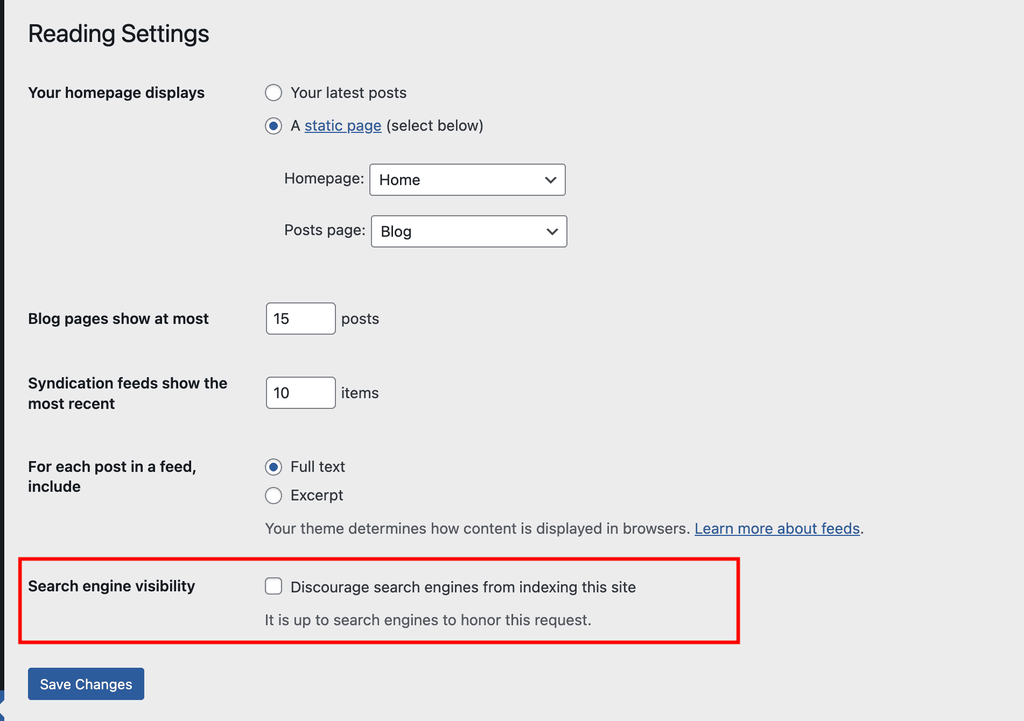
This blog is about do blogs show up on Google. Your answer is yes. You should know that you can easily read and write blogs using the Google Blog Search tool. Blogs don’t show up in Google search results?
Google has been fighting spam in the blogosphere for years and it to help bloggers and business owners learn how to get their sites organized and indexed.
In this post, I will outline some of the most common issues that you will face with regards to your blog and how you can fix them using some off-the-shelf products.
Blog posts may not show up on Google if they are not indexed or if they are not optimized for search. For example, poorly written content or outdated information may not be included in Google’s index. Additionally, blog posts that are not properly tagged or those that do not include keywords could also be missing from the search engine results pages (SERP).
Bloggers are often concerned about how the search engines are able to find their blog. This is because there are many different search engines and each one might be using different methods to find blogs.
Bloggers who are concerned about how their blog appears in search engines can take steps to ensure their blog is more visible. Bloggers can list their blog on search engines by using keywords throughout their site to help it show up higher in search results. Bloggers should also sign in to their blog.
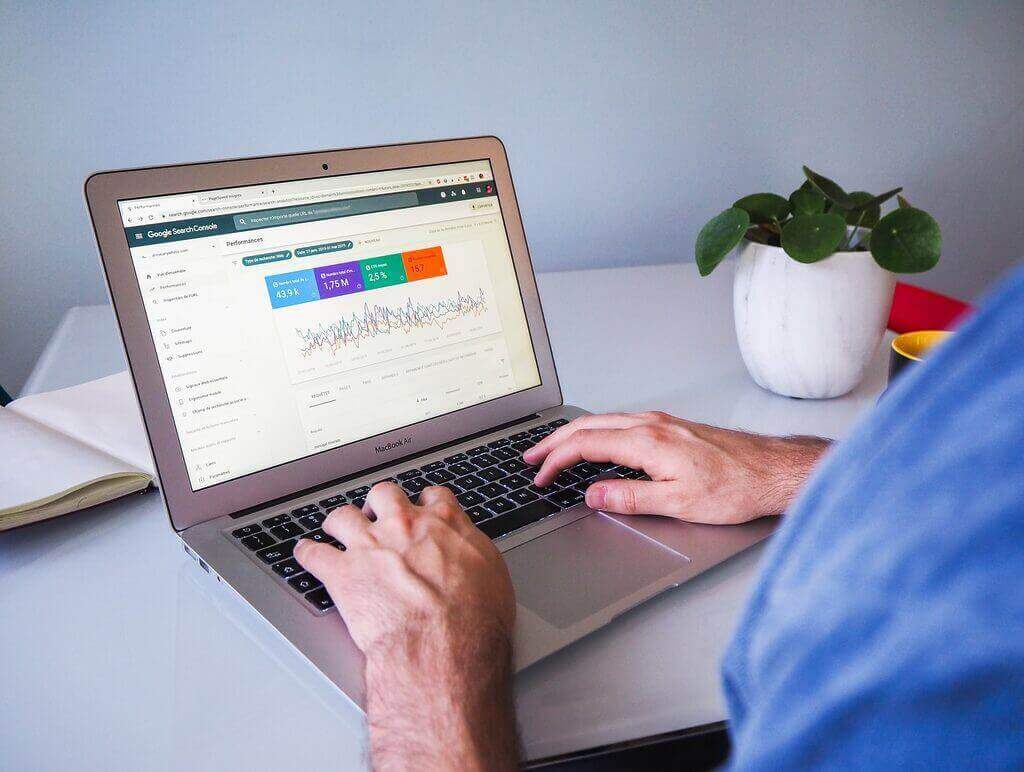
Have you unchecked Search engine visibility in WordPress?
There is a possibility that you have checked the “Search engine visibility” option in your WordPress admin panel. This can result in your website not appearing in search engine results pages (SERPs). To check and/or change this setting, please follow these steps:
- Navigate to the WordPress admin panel and click on the “Settings” link in the header.
- On the Settings page, under “Search engine visibility”, make sure the “Public” radio button is selected.
- Click on the “Save Changes” button to apply these changes
Is Your Site Brand New?
If your blog is brand new, it may not show up on Google yet. It can take time for Google to index your site. The indexing process takes time as the search engine crawls through its database to be sure that there is enough information on each page of the website. If it does not find any blogs relevant to what people will be searching for when they come across your blog, then it may remove it from its list until these problems can be fixed or resolved.
The new post method will help you write articles with new content in a specific area. But if your blog post does not appear in google search engine, it is because some other sites are linking to your site. To find out about these links that are affecting the organic ranking of your website, you can use a tool like GSC submit your url for indexing.
Did you submit sitemap to Google Search Console?
Sitemap is a form of web page sitemap which tells the search engine robots such as Google, Yahoo and Bing about your website. It provides information to them on how pages on your website are organized so that they can find all the pages you have created within one sitemap file in order for it to be properly indexed by them.
Google search console was launched in 2011 and is the search-results page of Google.com that provides a search box, keywords to find your blog if it’s not indexed by google, or a log of when you might have been affected for spammy links. You can also see how many people are searching for your term on each day and even reorder them so they appear in most popular searches rather than alphabetically.
Are You Blocking Robots?
Some bloggers believe that their site looks better when robots are not allowed to index it. If your blog is only viewable by humans, then you do not need to worry about blocking robots from finding your site. However, if you allow search engines such as Google and Yahoo! to crawl through your posts and pages, then you will need to add some keywords in order for them to index them properly.
Other Indexation Issues ?
There are other issues that can prevent your blog from being indexed by the search engines. These include:
In order for Google to find your site, it needs a valid address. Your contact information is required for both Blogger and WordPress sites in addition to an easy-to-remember URL . The only part of the address that has not been associated with a keyword or phrase yet would be http://www.yournamegoeshere (or something similar). You may want to consider adding keywords such as business name, industry name, state/province code or webmaster’s personal domain name to this part of the address.
In order for all the pages and posts on your blog to be indexed, you will need to create a index page with specific information about your blog and post content. This can include: Title of Post, Date Published, Author’s Name (or Blogger Profile Picture), Category Tag/Keyword(s) Used in Posts or Pages. The index page should also list any links that are included in the post or within the body of an individual article or blog post.
Are You Just Not Ranking?
Now that you know what is involved with search engine optimization, the next question to ask yourself is whether or not your blog has been able to reach a certain level of visibility. If it hasn’t, then there are some easy things for you to do in order solve this problem.
The first step would be analyzing which keywords have brought new visitors and also those pages on your blog that bring the most traffic each month . You may want to use Google Analytics in order get an idea about where these keywords are coming from , how long visits last and other information such as number of page views per visitor . Once you have this information, it will be easier for you to start targeting your blog posts and pages specifically towards these keywords.
Another way to improve your visibility is by creating a good web presence. This means that not only do you need to make sure that your blog is listed on search engine directories but also make sure that all the other important components of a successful website are in place as well. You should consider having an active social media presence, building a strong email list, and ensuring that your website design looks professional. If done correctly, these types of efforts can result in more organic traffic from search engines.
Do You Have Any Penalties?
Search engine algorithms are constantly changing and evolving in order to keep up with the increasing amount of information that is being published. There are some penalties for not making your blog as accessible as possible, but these can be avoided by using a unique title tag on every page of your site, sticking to proper code so that search engines understand what you mean when they read “content” rather than just “text,” and monitoring how often Google crawls each page on your website.
How to fix noindex issues on your blog
There are a few things you can do to try and get your blog indexed by Google. The first thing is to make sure your blog has good content and is updated regularly. You can also try submitting your blog to Google search engine directories, or submitting it to various link building forums. You can also contact Google directly and ask them to index your blog.
Check your website security and SEO
The search engine giant can be quite unpredictable, so it’s important to make sure that your website security and SEO are up to par. Additionally, you’ll want to make sure that your blog posts are high-quality and informative.
Blog content is one of the most important factors in SEO. If you have good, quality content on your blog, Google will likely rank your website higher than websites that do not have any blog content at all. Additionally, make sure that your website design and coding are up to par so that search engines can easily understand what you’re trying to say.
By following these tips, you’ll be able to improve the visibility of your site and increase traffic from search engines.
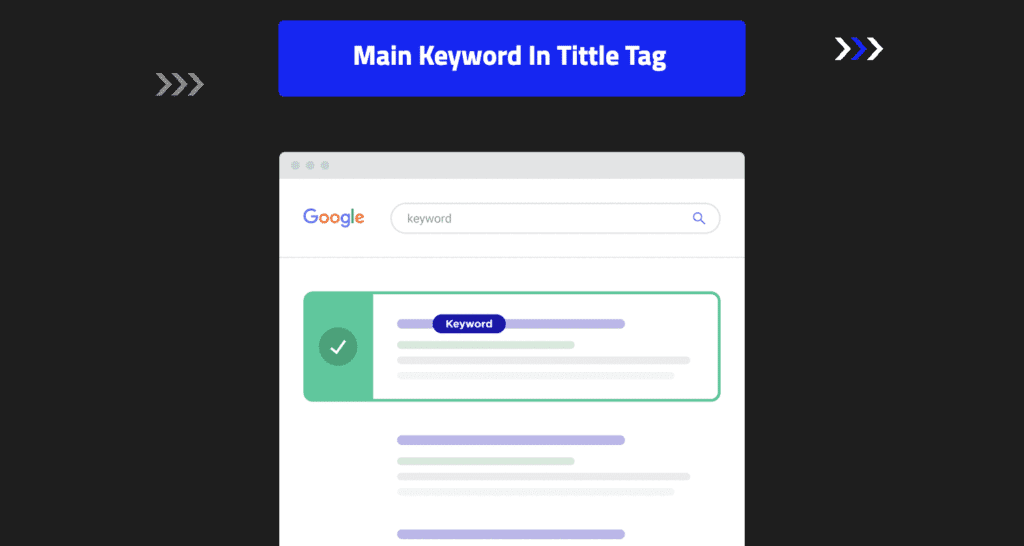
Use one of these strategies to get your new blog post noticed by Google :
– Use keyword rich titles and include the keywords in your post title, in the body of your post, on your blogroll, and in any social media posts about the article.
– Publish a fresh post every day that includes new content (rather than rehashing old content).
– Make sure all of your website’s pages are indexed by Google so that search engines can find and index your new blog post.
There are a few possible reasons why your blog post may not be ranking well. Here are a few tips to help you troubleshoot and fix the issue:
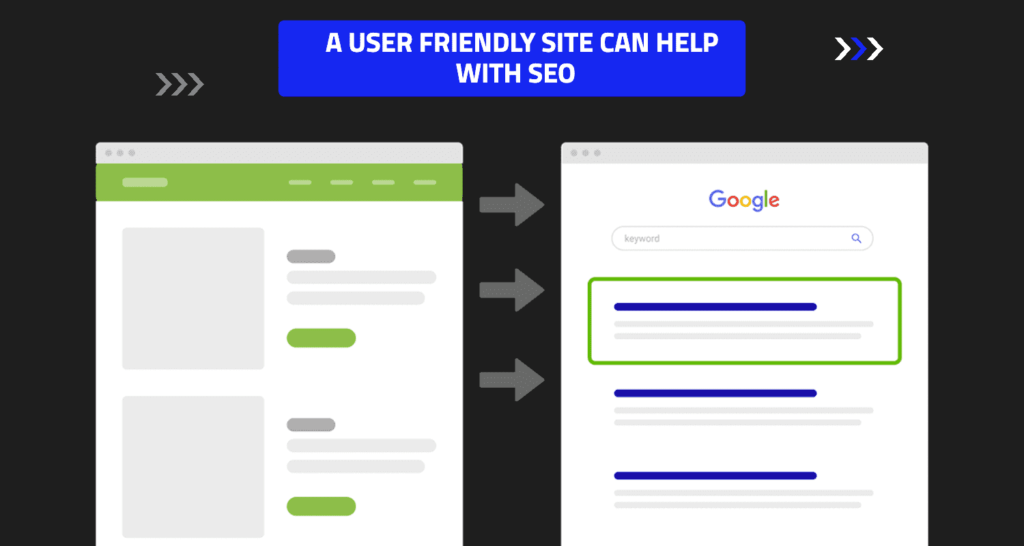
1. Check your keywords and content – Make sure that you’re using the correct keywords in your title and body, as well as throughout your content. This will help you to rank higher in search engine results pages (SERPs).
2. Check your formatting – Make sure that your blog posts are well-written, error-free, and formatted in a consistent way. This will help Google and other search engines identify and index your content more easily.
3. Optimize your post for search engines – Often times, you can optimize your blog post for search engines by adding keywords at the beginning of the document, in the title, in the body, or in the HTML tags.
4. Publish regularly – Keep publishing new blog posts regularly so that Google and other search engines can keep track of what’s new on your site. This will help to improve traffic and engagement rates.
Your post can show up as short as 10 days in search result page, but those are the lucky ones.
Google takes a few days to index your blog. Google will not show your blog on the search results until it has been indexed.
So, if you post a blog today, it may not be indexed by Google (added to their system) until a few days – or even weeks – later, so make sure your sitemap is submitted to Google Search Console and that it is working properly.
Make sure all images are properly tagged and optimized for search engine visibility
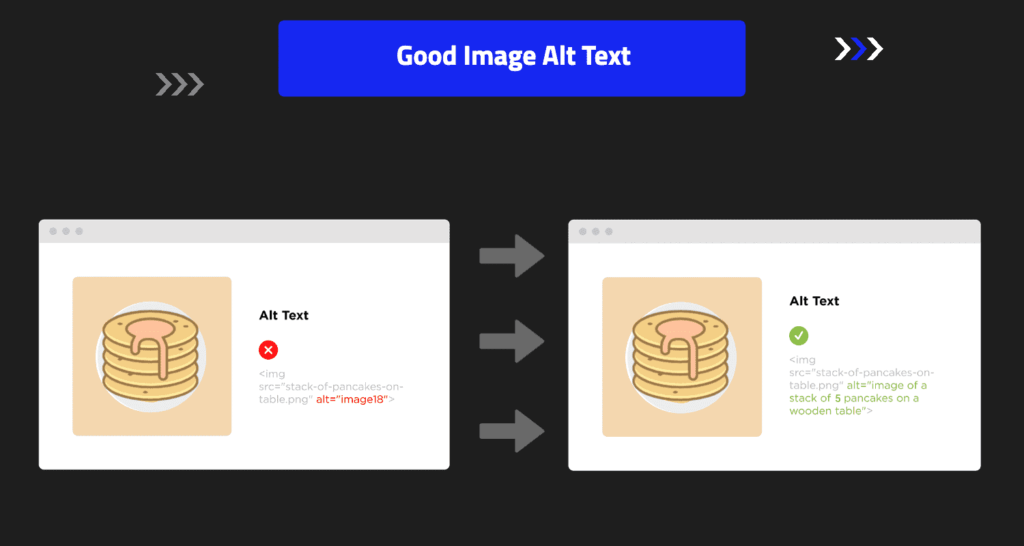
Bloggers often overlook the importance of optimizing their images for search engine visibility. In fact, research has shown that up to 50% of all webpage clicks come from clicking on an image within a website.
Therefore, it is essential that you take care in selecting and tagging your images properly so they will be easily found by Google visitors looking for related content.
One way to optimize your images is to use the “Alt Text” feature provided by most web browsers. This text field provides brief descriptions or alternate titles for each image on your blog site. By adding this information to your photos, you can help Google refine its search results for related images.
Additionally, make sure that your image dimensions are correct and that you’re using the right file formats for displaying on webpages.
JPEGs are the most popular format used on the web, but they may not be as visible to Google as other image types such as PNG or GIF. Additionally, it’s important to avoid uploading files that are too large in size – especially if they will be displayed at a small size on a webpage.
Submit your URL to major search engines
Once you’ve optimized your images and submitted your URL to major search engines, it’s also a good idea to submit your blog to relevant review sites. Not only will this help improve the visibility of your blog within the online community, but it may also result in increased web traffic from Google users looking for related content.
Keep up with current trends
It is important not only to stay up-to-date with current blogging trends, but also to experiment with different formatting and style techniques. By experimenting, you can find new ways of presenting information that will appeal more strongly to Google visitors.
As the best way to optimize your blog for SEO depends on the specific goals you’re hoping to achieve. However, some general tips that may help include using keyword rich titles and descriptions, including keyword variations in your URLs, and creating high quality content that is both informative and engaging.
Additionally, make sure your blog is properly hosted and optimized for search engines, including using relevant keywords in the title tags and meta data of your pages.
Choose the right images for your blog
Your choice of images can impact your blog’s search engine optimization and overall ranking.
Submit at least one image to major search engines. Selecting the right type of photo for your blog is important, as Google uses content that it sees in its indexes when determining a site’s rankings.
Images should be high resolution (at least 1MB), relevant to your post and industry, and not too small (less than 50KB). The more unique photos you have on-board with each post will improve SEO performance by reducing duplicate URLs within the various searches performed across different platforms .
Check for broken links and errors on your blog
Broken links and errors can seriously impact your blog’s ranking. Checking for broken links and fixing any errors that are found will help improve the relevancy of your content to Google, as well as increase click-through rates (CTRs).
Make sure your blog title is keyword rich
Your blog’s title is one of the first things that Google sees when it looks for your site. Make sure to include keywords in your title, as well as in the text of your posts and throughout the site’s URL structure.
Create compelling content
The type of content you produce on your blog will have a significant impact on how successful SEO efforts turn out for you. The more intriguing, useful and engaging articles you write, the higher chances are that people will share them with their networks or simply read them from start to finish . This not only helps improve traffic and engagement levels within your blogosphere, but can also help boost your site’s overall ranking.
Adding keywords to your post titles and page titles will help Google identify your content as being related to the topic of search.
Additionally, using keyword rich in-line citations helps readers better understand where the information they are reading comes from.
Whether or not your blog appears on Google depends on a variety of factors including your blog’s content, relevance to the search engine, and the rank of your site.
However, if you’re concerned about whether or not your blog is ranking well, you can use Google’s “Search Engine Optimization” tool to check the progress of your blog’s visibility on the search engine.
Additionally, you can use other tools such as Google Analytics to measure how people are interacting with your blog and make tweaks to ensure that your content is of the highest quality. Ultimately, it all comes down to creating quality content that will help you achieve better search engine rankings.
So keep up the good work!





